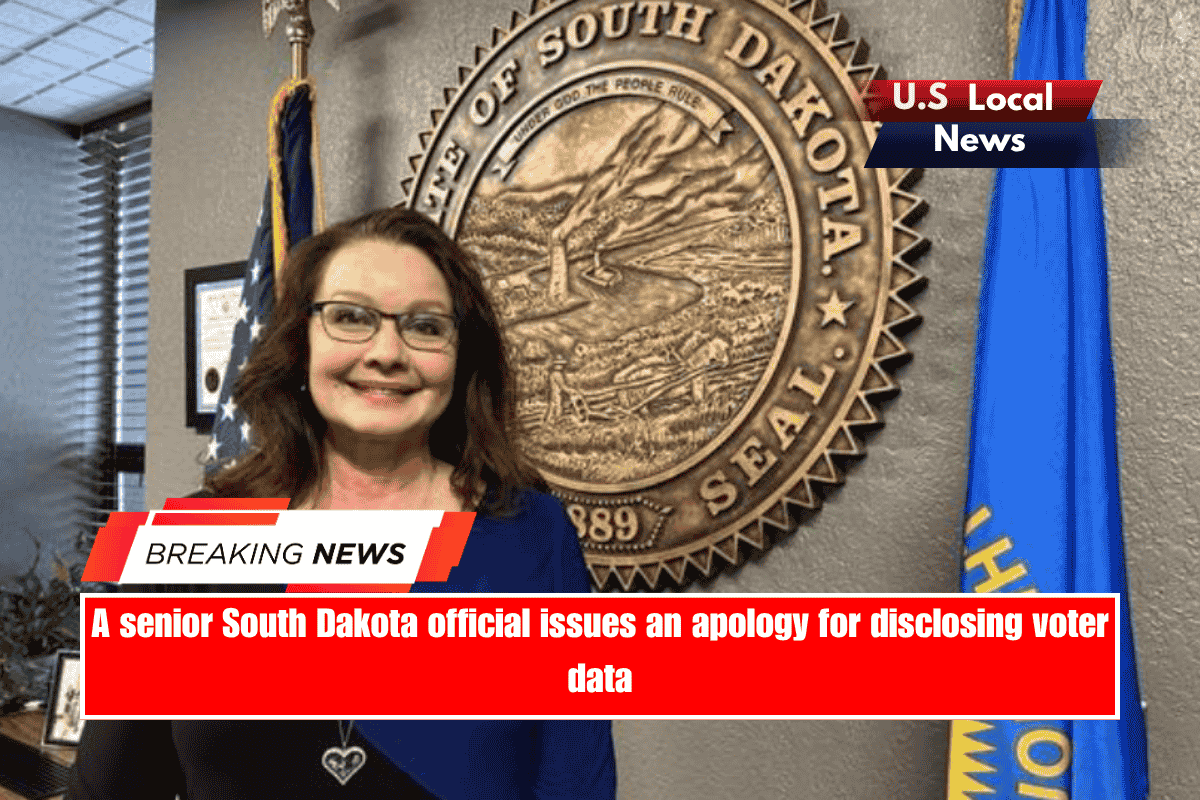Rent increases are a common concern for renters across the United States, and Indiana is no exception. As the cost of living continues to rise, tenants may face rent hikes that seem unexpected or unfair. Understanding the rent increase laws in Indiana is crucial for tenants to protect their rights and make informed decisions. In 2025, several rules and regulations will be in place to guide both landlords and tenants. Here’s everything you need to know about Indiana’s rent increase laws and how they might affect you.
How Much Can Rent Be Increased in Indiana?
In Indiana, there is no state law that directly limits how much a landlord can increase the rent. This means that, technically, a landlord can increase the rent by any amount, as long as they follow proper procedures. However, there are restrictions on how and when the rent can be raised.
Notice Requirements for Rent Increases
While there is no limit to how much a landlord can increase rent, there are specific notice requirements that landlords must follow before implementing a rent hike. In Indiana, a landlord is required to give tenants at least 30 days’ notice before increasing the rent if the tenant is on a month-to-month lease. For tenants with a fixed-term lease, the landlord must wait until the lease expires before increasing the rent, unless the lease agreement has a clause allowing rent increases during the term.
For example, if you have a month-to-month rental agreement and your landlord plans to increase your rent, they must provide you with written notice at least 30 days before the new rent takes effect. If you have a longer-term lease, your rent can only be increased when the lease ends or as specified in the lease itself.
Rent Increase Frequency and Fairness
Indiana law does not restrict how often a landlord can raise the rent. This means a landlord could potentially increase the rent every month or once every year, depending on the terms of the lease agreement. However, the rent increase must still comply with the notice period and other requirements stated in the lease.
Although there are no state laws capping how often a landlord can raise the rent, increases must still be fair. Rent hikes cannot be discriminatory or retaliatory. For example, it would be illegal for a landlord to raise the rent based on a tenant’s race, gender, or family status, or in response to a tenant making complaints or exercising their legal rights, such as filing a repair request.
Rent Control in Indiana
Indiana does not have rent control laws. This means that there is no statewide law limiting how much a landlord can charge for rent. Rent control laws, which exist in a few other states, are designed to prevent excessive rent hikes, but they are not part of Indiana’s rental laws. As a result, rent prices are subject to the market, meaning they can increase depending on demand and other economic factors.
However, some local cities and counties may have their own regulations or policies, but these are rare in Indiana. Tenants should always check with local housing authorities to see if there are any specific rent-related rules in their area.
Handling Unreasonable Rent Increases
If you feel that a rent increase is too high or unfair, there are a few steps you can take:
Review Your Lease Agreement: Always check the terms of your lease to understand if there are any provisions related to rent increases. Some leases may have clauses that limit how much the landlord can increase rent or specify the conditions under which rent can be raised.
Negotiate with Your Landlord: If you are faced with an increase that seems unreasonable, you might be able to negotiate with your landlord for a smaller increase. If you have been a good tenant, some landlords may be open to negotiating rather than losing a reliable renter.
Seek Legal Advice: If you believe that the rent increase violates any terms of your lease or if it seems to be retaliatory or discriminatory, it may be a good idea to consult a tenant’s rights attorney or a local legal aid service. They can provide guidance on how to handle the situation.
Explore Alternative Housing Options: If the rent increase is unaffordable, you may need to consider moving to a more affordable unit. Before doing so, it’s important to weigh the cost of moving (such as deposits, moving expenses, and new lease terms) against the long-term costs of the increased rent.
While Indiana does not impose restrictions on how much a landlord can raise the rent, it does require landlords to follow specific notice requirements and ensures that rent increases are not discriminatory or retaliatory. Tenants should be aware of their rights, especially regarding the notice period for rent hikes, and should carefully review their lease agreements for any clauses related to rent increases. As rent prices continue to rise in many parts of the state, understanding Indiana’s rent increase laws will help tenants protect themselves and make informed decisions about their living situation.
Sources
[1] https://www.hemlane.com/resources/indiana-rent-control-laws/
[2] https://www.steadily.com/blog/rent-increase-laws-regulations-indianapolis-in
[3] https://www.steadily.com/blog/how-much-can-a-landlord-raise-rent-in-indiana
[4] https://www.doorloop.com/laws/indiana-landlord-tenant-rights
[5] https://innago.com/indiana-landlord-tenant-laws/












